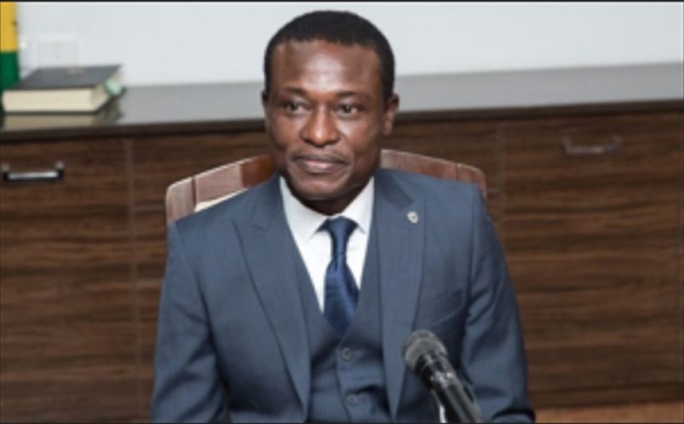The Executive Director of Ghana Integrity Initiative, Linda Ofori–Kwafo has stressed the need to resource the Office of the Special Prosecutor for the fight against corruption.
According to her, such a suggestion if heeded would help save a lot of money for the country.
Her comments follow an increase in corruption activities revealed in the 2022 Corruption Perceptions Index reported by Transparency International.
Madam Ofori–Kwafo is of the view that resourcing the OSP means protecting monies that the country could get from an International Monetary Fund (IMF) programme.
“You need to resource the SP. The SP’s own institutional framework has been designed to be able to even help us make money, if I can put it that bluntly. To help us to save money. When you look at the section 66 or so of the OSP Act, that actually says that when they recover stolen wealth, they’re supposed to give a percentage to the consolidated fund, the SP’s office takes about 30% or so, Attorney-General’s office targets about 10%, then 10% would go to whistleblowing persons or institutions that help in the recovery. So then, if we have such an institution, you need to resource it to make the effort to even protect the IMF money that we are going for,” she explained.
According to the Executive Director, the country would have accrued some huge sums of monies had the government resourced the Office of the Special Prosecutor and developed mechanisms to fight corruption.
She added that the situation would get worse should the country continue on the same trajectory.
Lately, the Office of the Special Prosecutor has been making the news after it came to light that some of its workers, including the Special Prosecutor, Kissi Agyebeng have not been paid salaries for 16 months.
Shortly after, government announced that it had settled the issue. The revelation raised concerns as experts believe that the OSP needs sufficient resources in order to avoid compromise in its fight against the growing incidence of corruption in the country.
Three years on, having commenced a robust campaign against corruption in 2020 after it was revealed that it loses billions of cedis to corruption annually, Ghana still has yet to boast of any significant progress in the fight. Reports of various ranking agencies keep revealing rather a retrogressive state of the country as far as fighting corruption is concerned.
Transparency International in its 2022 Corruption Perceptions Index (CPI), reports that Ghana ranks 72 out of 180 countries. In response to the rating, experts believe that dubious activities in the public sector are responsible for such a decline.
Meanwhile, there have been persistent calls for a change in the 1992 Constitution which is believed to have in many ways contributed to corrupt activities. The concern is that it gives too much power and discretion to the President.
Latest Stories
-
Bawumia’s 8 minutes elite ball that zapped the energy of trigger happy politicians
30 minutes -
It will be a betrayal if National Cathedral saga does not feature in ORAL’s work – Ablakwa
40 minutes -
‘It’s unfortunate we had to protect the public purse from Akufo-Addo’ – Ablakwa on ORAL Team’s mission
1 hour -
Congo lawyers say Apple’s supply chain statement must be verified
2 hours -
Stampede in southwestern Nigerian city causes multiple deaths
2 hours -
Tens of thousands without water in Mayotte as curfew brought in
2 hours -
ORAL: We won’t witch-hunt, we’ll focus on transparency, not revenge – Ablakwa
3 hours -
Attempted robbery: Accused claims he carried cutlass for protection
3 hours -
Excavator operator jailed for stealing
3 hours -
African fans age-shame me for putting on some outfits – Tiwa Savage
4 hours -
Tiwa Savage criticised by female fans for stance on cheating in relationships
4 hours -
Bank of England expected to hold interest rates
4 hours -
Congo river boat sinks killing at least 22
4 hours -
Nigeria approves Shell’s $2.4 billion asset sale to Renaissance
4 hours -
Embattled Liberian speaker questioned by police over parliament fire
5 hours

